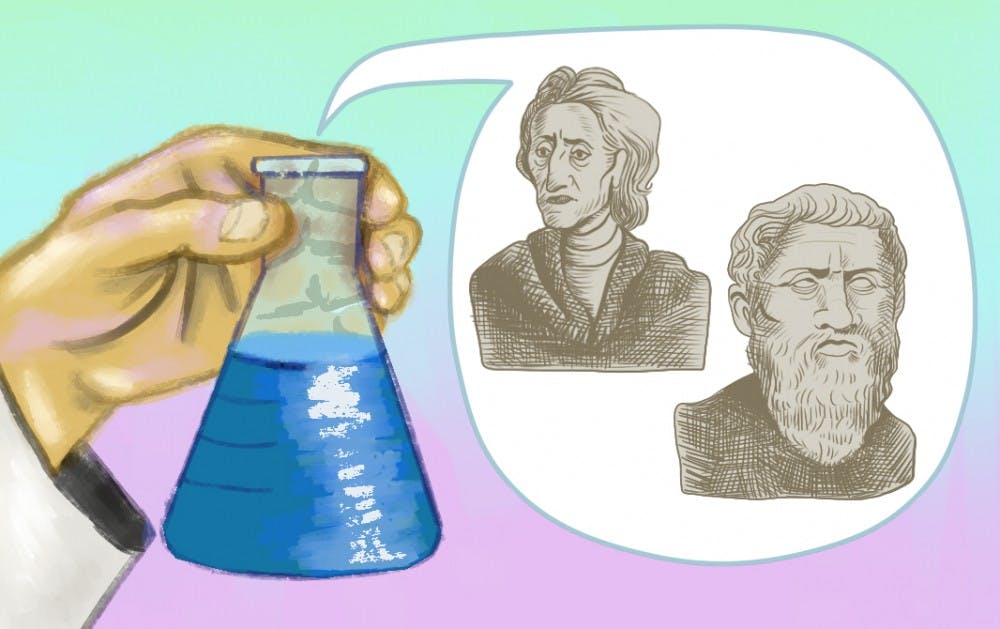There exists a misconception that people who study science, technology, engineering or mathematics (STEM) are incapable of analyzing political issues. In actuality, understanding how to utilize the scientific method and other traits, which STEM students learn, are great assets in the pursuit of understanding these types of problems.
“People tend to like pigeon hole STEM students into only STEM, like, if they have opinions on politics, [they say] ‘oh you’re uninformed, you’re just a STEM student,’” Jason Price, a recent computer science alumnus, said.
Price identifies as a libertarian and was involved briefly in Young Americans for Liberty at ASU. He explained how there are statistics classes that all engineering students take which taught him how to analyze data. Price is not alone in this. Other STEM students have also voiced their views on how their classes have helped them understand issues.
“One good thing about studying mathematics is statistics. I know a lot of people who discuss politics who haven’t studied statistics [that] can draw wrong conclusions based on data,” mathematics senior Adam Staples said.
“Most of my mathematics degree is about logic. It’s about writing proofs and creating our own arguments and proofs for different theorems," Staples said. "It also helps us to think logically and to make less fallacies in our reasoning. There is a lot of overlap between philosophy and mathematics in the sense that we both study logic.”
David Lattimer, a recent computer science alumnus, said that when discussing the death penalty with an opponent, he goes through the thought process of how his opponent came to their conclusion.
“If I argue with someone who has a different opinion than me, then I definitely try to follow the logical path [as to] how they got there,” Lattimer said.
When Congressman Thomas Massie spoke at the 2017 Young Americans for Liberty summit in Denver, he stated that choosing the right major is important and that Congress needs more engineers and less lawyers because he believes that engineers are better problem solvers and are mentally trained to think more objectively.
Massie said lawyers are trained to start at a conclusion and find evidence to support their conclusion. Engineers, however, are trained to gather the evidence and come to a conclusion based on what they found.
Massie has a bachelor's in electrical engineering and a master's in mechanical engineering from the Massachusetts Institute of Technology. As an engineer and a politician, he understands that STEM majors are trained to be problem solvers and have the mental tools necessary to make smart decisions that could make society better.
Political science is a science. It utilizes the scientific method. For my honors thesis that I finished in April of 2017, I argued in favor of a position on U.S foreign policy. One of my readers was Omaya Ahmad, who was a professor of sustainability at ASU. She wanted me to approach my argument by utilizing the scientific method.
Her rationale was that “all research, whether that be qualitative or quantitative, (has) methodologies to follow … methods that make your research more valid, make it repeatable, which are very big indicators of the quality of the research and that’s how we measure their accuracy.”
Since I was not a STEM student, I did not fully comprehend what she meant and the argument that I made was not as strong as it could have been.
The scientific method can be very valuable in all sorts of soft sciences, including sociology and other related fields.




